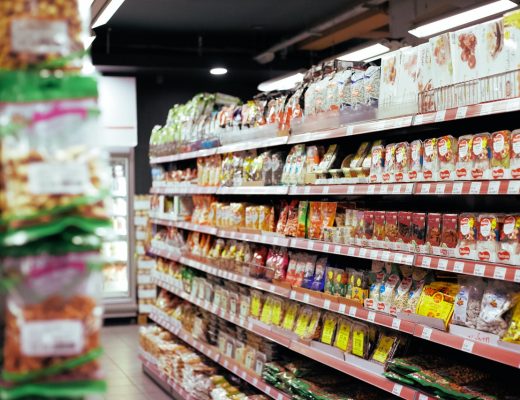Anti-dumping rules will help protect Australian producers
Uncertainty in the global marketplace is prompting countries to take decisive action to bolster their position. Australia has introduced anti-dumping rules to support local industry.
The government has allocated A$5 million to expand the activities of the Anti-Dumping Commission. These funds will revise the rules of defence against aggressive competition for members of the industrial sector. The rules will strengthen control over claims on dumped imports. Initially, this will affect the steel, manufacturing and aluminium sectors. At the same time, however, experts have warned of a possible escalation of trade disputes with China.
Reasons for strengthening measures
Dumping occurs as a result of exporting goods at prices significantly below market prices. Cheaper supplies are possible due to government subsidies or other cost-cutting strategies.
Tougher US tariff policies could make it difficult to sell products in the US market. Exporters may therefore resort to dumping to sell to other countries. This approach undermines the position of local producers and reduces their profits. In some cases, it can even lead to their exclusion from the market. One solution could be to strengthen anti-dumping rules, thereby strengthening the position of producers. According to an estimate by TheGlobalEconomy:
According to an estimate by TheGlobalEconomy:
1. The manufacturing industry accounts for 5.36% of the Australian economy.
2. This is half the global average of 12.3%.
3. Despite this small share, Australia considers the manufacturing sector to be a critical component of the national economy.
4. The sector accounts for 45% of the country’s total exports.
5. It also accounts for 25% of Australia’s total spending on research and development.
Anti-dumping measures are particularly important for industries related to manufacturing, such as mining. Steel, for example, is a key component in the manufacturing sector. To date, 44 anti-dumping rules have been implemented for steel, covering 12 products imported from 14 countries. These measures also affect related industries, such as iron ore and bauxite mining.
Other efforts to protect local industries
In addition to anti-dumping measures, the government utilises other mechanisms to support producers. One such mechanism is the establishment of a strategic reserve of critical minerals. This initiative aims to strengthen the mining sector. The reserve will stimulate domestic production. It will also serve as a buffer against supply chain disruptions. Through these measures, the government hopes to stabilise production processes in key sectors. These include the extraction of lithium and rare earth metals. Moreover, the initiative aims to mitigate the risk of artificially low export prices. This mechanism could be used as a form of geopolitical leverage.










